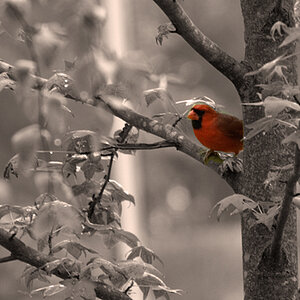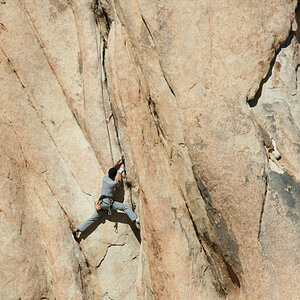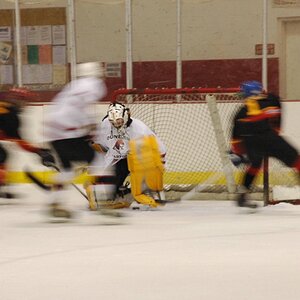Png1lady
TPF Noob!
- Joined
- Feb 11, 2013
- Messages
- 5
- Reaction score
- 0
- Location
- Baja, Mexico
- Can others edit my Photos
- Photos NOT OK to edit
I am completely new to photography and very excited to start learning all I can. I have a whale watch trip coming up and I need advice. My game plan now is to take some shots in Auto mode, so as to at least get the once in a lifetime memory, and then spend time enjoying the trip. We will have enough time, that I would like to try some shots that go beyond Auto setting. Any advice? As I said, I am completely new to this.



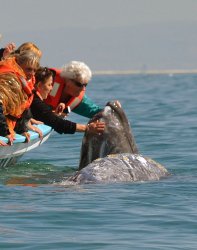
![[No title]](/data/xfmg/thumbnail/35/35928-33efa691642c029d54412fa1dc22b78a.jpg?1619737232)
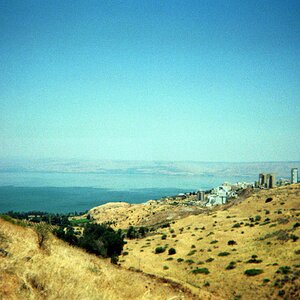
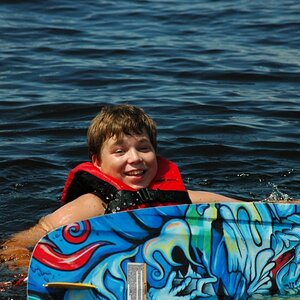

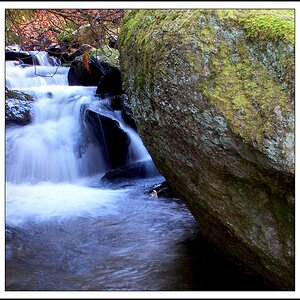
![[No title]](/data/xfmg/thumbnail/35/35932-28690c4fc247cf491230e47fc70ebeb5.jpg?1619737235)

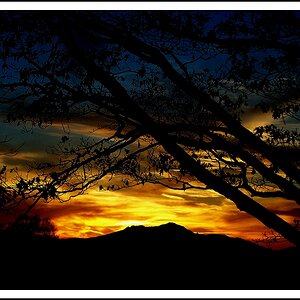
![[No title]](/data/xfmg/thumbnail/31/31086-ae0d6678ca78859132ce5375d5300961.jpg?1619734602)
